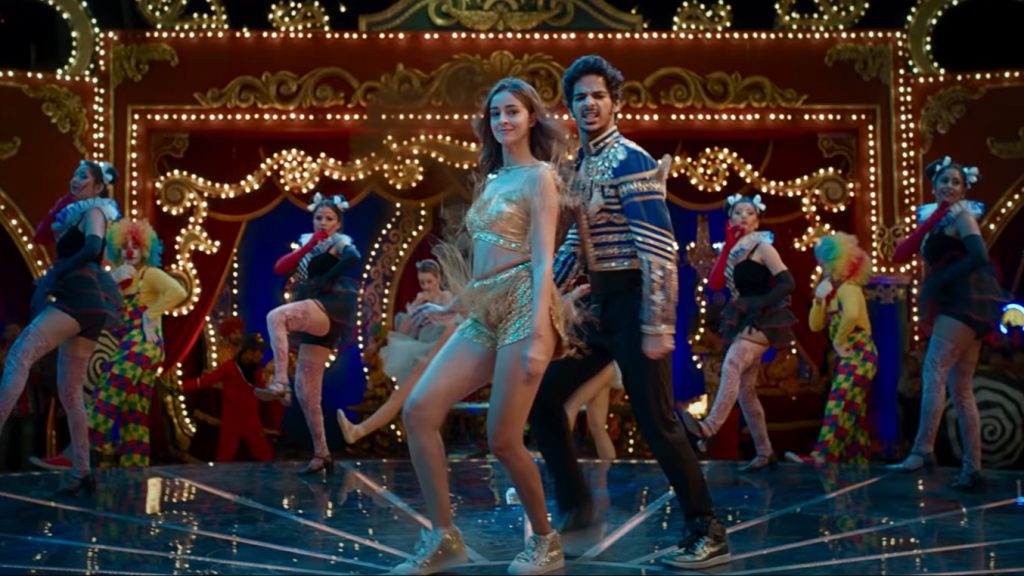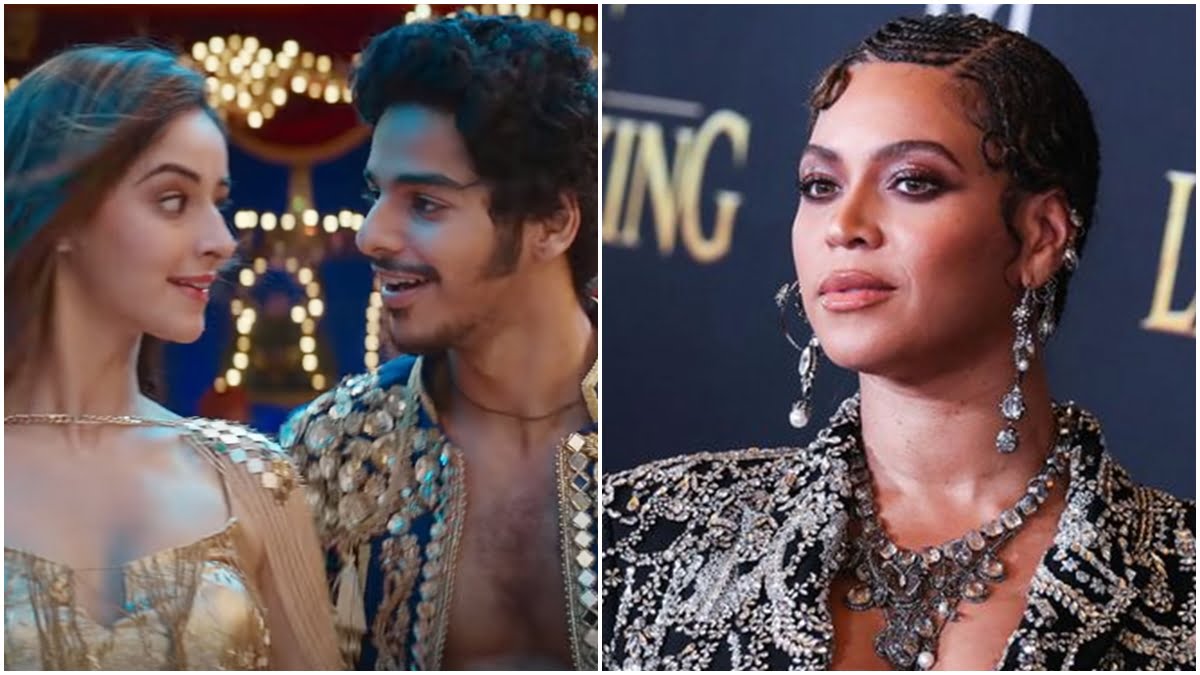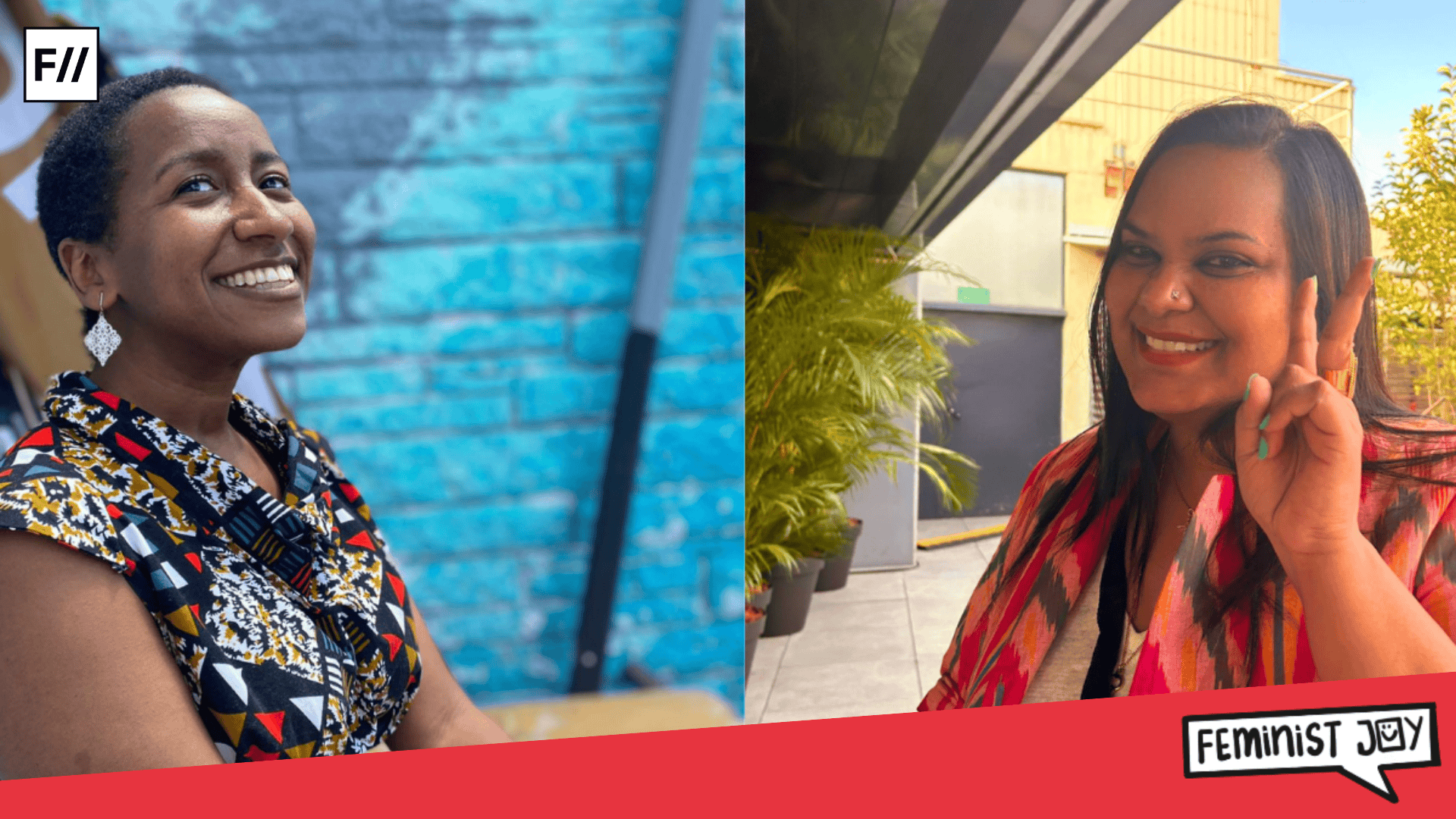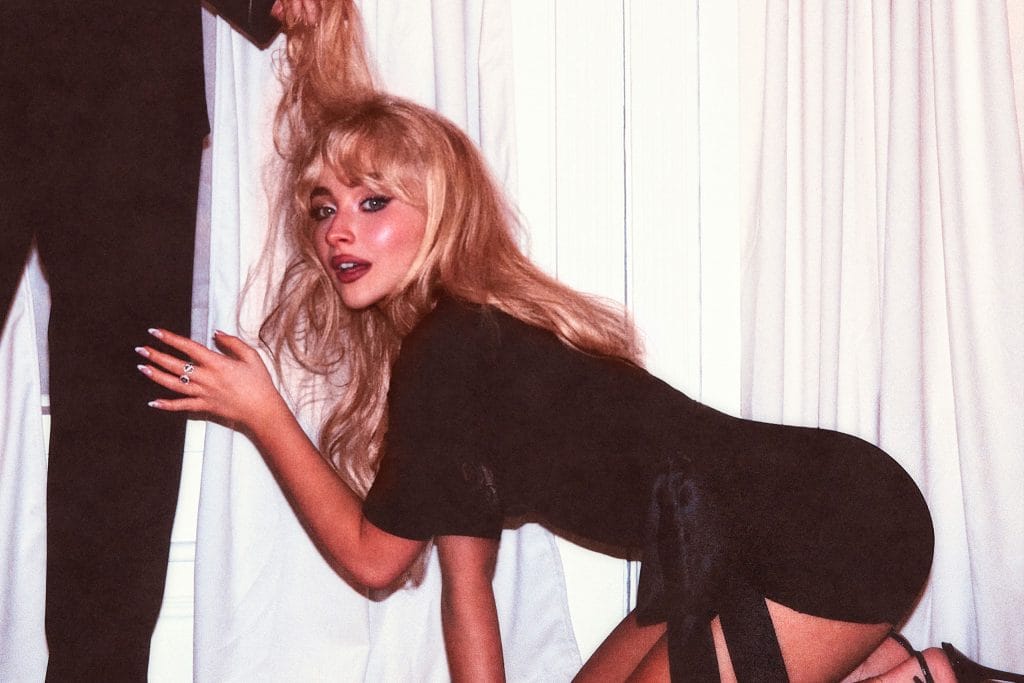‘Your skin is not only dark, it shines and it tells your story’
…says Beyonce in her highly empowering song Brown Skin Girl. And if the lyrics were just not enough for everyone to fall in love with this song, Beyonce released its official music video on her YouTube channel two weeks back, and since then, women across the globe (brown or not) have been drooling over this beautiful piece of art.
Shouldn’t the makers of Beyonce sharma jaayegi be ashamed of their racist content? Indian Hindi film industry keeps on baffling us in one way or the other. Don’t worry, we won’t do our feminist rant. But there is something which as philosophers we would like to bring to notice to our readers.
Also read: Beyoncé (Nahi) Sharma Jayegi: Bollywood Is Not, But We Are Sorry Queen
The video portrays black and brown skinned women showing us how beautiful it is to celebrate and to be celebrated for things as simple as the colour of one’s skin. In the same video, Beyonce features a dark skinned South Asian woman in all her glory.
Wait, what? Glory? What’s that for a woman without even some ‘gora’ or fair skin? There comes Bollywood with the perfect reply. And this is what we want to talk about today.
Kya Beyonce sharmayegi?
Or is it the makers of Beyonce sharma jaayegi who should be ashamed of their racist content? Indian Hindi film industry keeps on baffling us in one way or the other. Don’t worry, we won’t do our feminist rant. But there is something which as philosophers we would like to bring to notice to our readers. Just few days back, this song was getting popular, rather, unpopular on the grounds of colorism, sexism and discrimination.
We don’t want to add sand to the beach by only talking about how sexist or to what extent this song is promoting colorism. On the contrary, we would like to point out our philosophical discomforts with the song: Beyonce sharma jayegi.
In a culture where, largely we are still trying to fight colonial hangover, it’s more unsettling to have a song like this, which is comparing one kind of ‘beauty’ to another. By the way, it doesn’t stop there. This isn’t even the tip of the problematic iceberg.
It seems like our good ol’ Bollywood hasn’t learnt anything better when it comes to treating women in their music. It is as if they take turns at doing this, when sometimes it is about their sexuality, other times it is about their mass appeal and beauty awaiting the assent of the males.
Beyonce sharma jaayegi comes at us mostly from the latter category. And it comes to us at a time when a movement like ‘Black lives Matter’ had taken over the world just a couple of months back, where the repercussions are still being felt. Thus, discussing the song Beyonce sharma jaayegi, its nuances and problematics become very important at such a time.
The Duality Of Voices From Indian Film Industry
Many Bollywood celebrities had shown their support for the anti-racism movement and had voiced their solidarity to black lives mattering. But no such voices were heard after the release of Beyonce sharma jaayegi, as Bollywood’s outrage continues to be selective and convenient.
When many of us had seen them raising their voices as what was (mis)interpreted as a sign of their developing social responsibility, we now understand that it only made as much difference just as ‘Glow and Lovely’ makes to the notion of ‘Fair’ness being the only ‘Lovely’ anyway.
“We are what we think we are.” C. S. Lewis had said it so well. But we are unsure how much Bollywood can ever make sense of this great writer and Theologian any time soon. Because apparently, preaching and following doesn’t go hand in hand so well here.
Art As Means And Art As End
In philosophy, this debate has been going on since long and about but it still hasn’t been able to find its way out. It had all started with Plato wanting to banish artists and poets from his ‘Republic’ because art was corrupting. Aristotle on the other hand, called it therapeutic and cathartic. But it was Kant who had come up with the ends and the means theory. He stated that treating anything as means to an end is problematic.
If we try to comprehend these thoughts with the kind of an art piece that Beyonce sharma jaayegi is, we see two aspects to discuss. Firstly, the effects this song will have on the masses for propagating racism cannot be unseen. In India art is never welcomed as just an end in itself. Increasing cases of domestic violence on women after the release of movies like ‘Kabir Singh’ are still alive in our minds.
So can a country with the likes of spectators who are not mere spectators but also become active agents of learning and practicing, take what Beyonce sharma jaayegi and similar kinds of arts preach, neutrally, without acting on their thoughts?
And if they do not, who takes the responsibility? The Censor Board? Are they waiting to take actions on such mediums only when racism becomes a threat-filled institution in our country? And until then they’ll just let a song like Beyonce sharma jaayegi shame Beyoncé for her skin colour?
Secondly, the very notion of taking the name Beyoncé here reflects on a mindset of using a woman’s skin colour as a means to compare and contrast and ultimately prove another skin colour more preferable? Beyoncé is a woman. Beyoncé is a person. But we see her name gets involved in this song just as a replaceable of her skin colour. The song reduces a multiple times Grammy winner, a superstar, a singer, an artist to just her skin colour. If we don’t question this now, when will we ever do?
Beyonce sharma jaayegi belittles one for not having beauty like the other. There are norms which have been difficult to live with for women. Stop contrasting one gender and sexualizing beauty in a particular way. This is about moral bondage too, restricting women’s autonomy.
Also read: Is Bollywood Really Ready To #SmashPatriarchy ?
Philosophical Ruptures
Beyonce sharma jaayegi also belittles one for not having beauty like the other. There are norms which have been difficult to live with for women. Stop contrasting one gender and sexualizing beauty in a particular way. This is about moral bondage too, restricting women’s autonomy.
By advocating and making the song Beyonce sharma jaayegi, those people are basically acting as the gate-keepers of of a uni-dimensional understanding of beauty standards. This song, according to us, also epitomises ‘creative laziness’, or ‘bankruptcy of imagination’ which the writers, directors have shown in plenty.

By using a popular name/global name, they are trying to appeal to the masses. Beyonce sharma jaayegi is problematic on many moral and social grounds too. J.L. Austin said, we use words to perform actions. Saying things like ‘Tujhe dekhke goriyaa, Beyonce sharma jaayegi’, these people are performing their actions via speech. They are trying to practice discrimination, subordination by ranking Beyoncé as inferior, depriving one kind of beauty over another.
Beyonce sharma jaayegi represents discriminative, authoritative language which will further encourage discriminatory behavior. While upholding one kind of beauty as the norm, it’s not only denying a particular kind of beauty but shaming it too. Hence, it goes one step ahead by naming and shaming.
When name and shame happen, epistemologically, we also deny the epistemic virtue to one voice. As instead of accepting, we are shaming it.
As philosophers, we would like to submit to these filmmakers/ writers/artists please stop feeding us mediocre and below the belt content. There was a time that anything and everything used to be sold in the name of entertainment but no more any of this. We refuse to believe that there is anything entertaining about songs like Beyonce sharma jaayegi.
Today, if few think it’s good entertainment, tomorrow you will like and promote witch-hunting of women and minorities in the name of entertainment too. Remember, we choose how we would like to get entertained and this so not entertainment.
Dr. Richa Shukla is an Assistant Professor at OP Jindal Global University, Sonipat, Haryana. She specialises in Feminist philosophy, feminist phenomenology and existentialism. Recently she has started taking keen interest in Public philosophy too. She can be reached at rshukla@jgu.edu.in.
Dalorina Nath is pursuing research from Hyderabad Central University. She is a budding philosopher and is at the department of philosophy. Dalorina takes keen interest in analytical philosophy, feminist theory. She can be found on Instagram and can be reached at dalorina@gmail.com.




